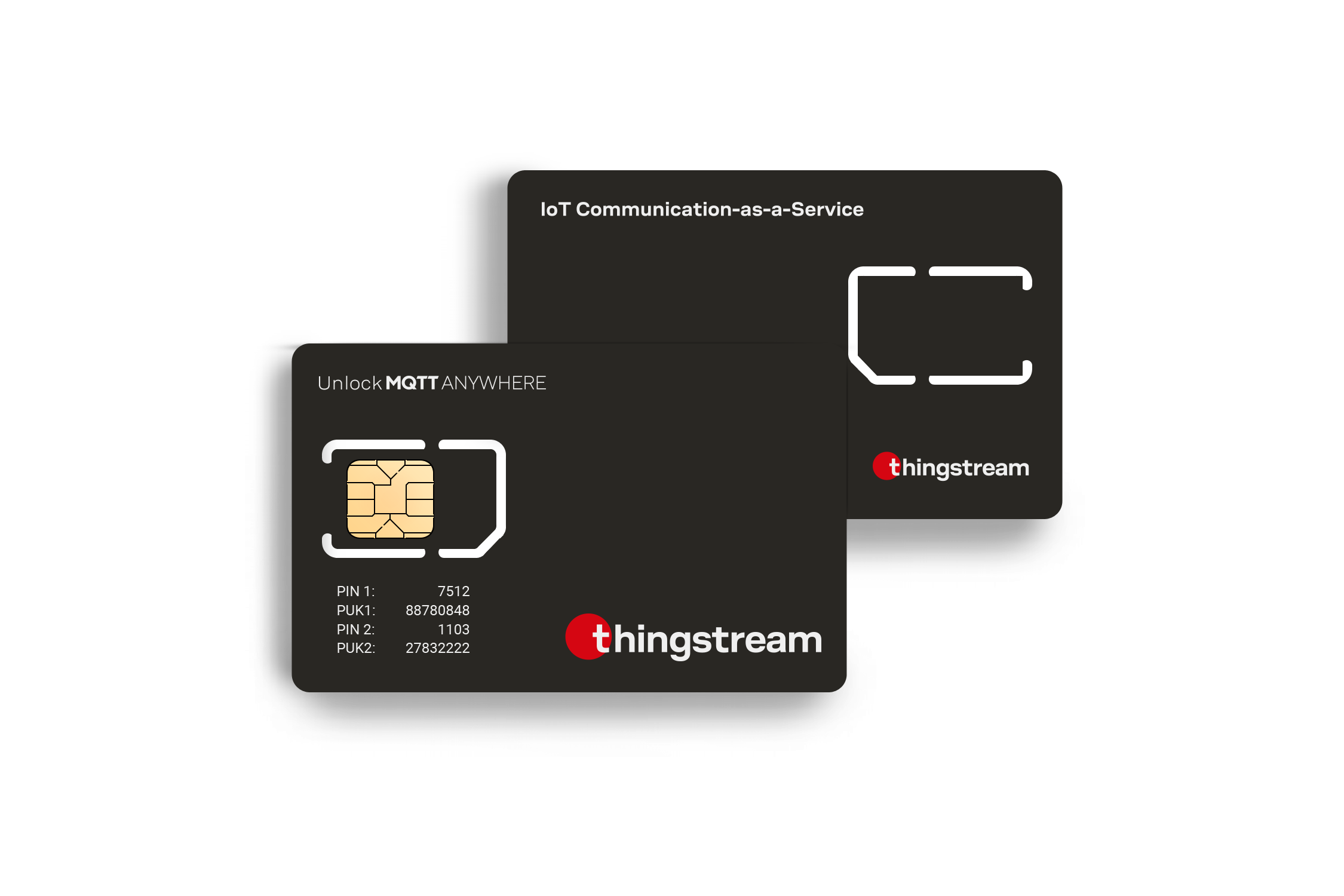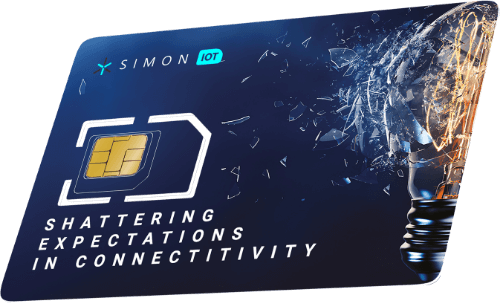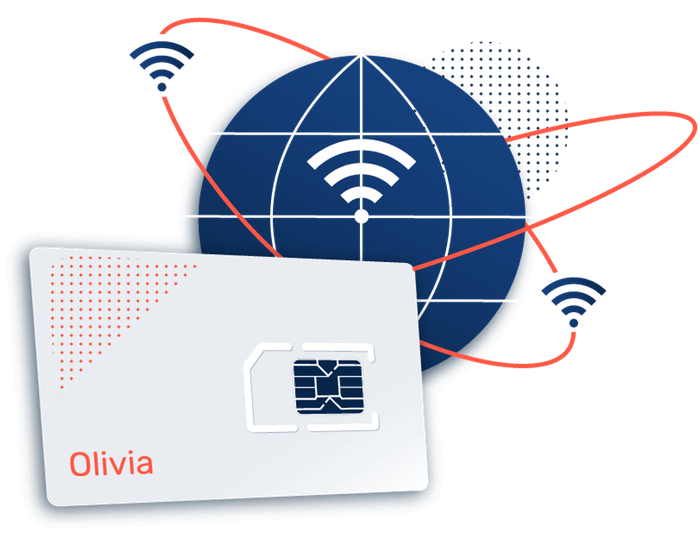Sim Card Iot Devices Global IoT SIM Card LOT 100

The integration of Internet of Things (IoT) technologies into numerous sectors has remodeled how devices interact and communicate. Central to this transformation is the position of SIM playing cards in IoT connectivity. These small, invaluable components are crucial in facilitating safe communication between units and networks, enabling seamless knowledge transfer and remote administration.
First, understanding the traditional function of SIM cards helps contextualize their significance in IoT. Originally developed for cellphones, SIM playing cards authenticate gadgets on a cellular network, providing a secure means of id verification. Beyond particular person customers, this capability has expanded into the realm of IoT, where numerous gadgets now rely on this technology to connect and talk (Vodafone Iot Sim Card).
Iot Gsm Sim Card The Ultimate Guide IoT SIM Cards
The variety of devices utilizing SIM cards in IoT is remarkable, ranging from smart meters and wearables to automotive systems and industrial machinery. Each of these functions presents distinctive challenges and requirements for connectivity. The presence of a SIM card in each device ensures that these various components can function successfully inside a bigger network infrastructure.

IoT applications typically require real-time data exchange, making a reliable connection important. SIM playing cards allow gadgets to attach on to cellular networks, providing not solely flexibility but in addition mobility. This is particularly advantageous for purposes that require gadgets to function in remote or challenging environments, where traditional wired connections might not be feasible.
Iot Sim Card Pricing IoT SIM Card Global M2M Connectivity
Increased safety is one other crucial benefit supplied by SIM cards. In a world increasingly fraught with cybersecurity threats, the power to secure device communication by way of SIM-based authentication is invaluable. This signifies that data sent and obtained is protected against unauthorized entry, making it tougher for cybercriminals to intercept delicate info.
Moreover, the deployment of eSIM know-how has further enhanced the relevance of SIM cards in IoT connectivity. eSIMs, or embedded SIMs, enable for remote provisioning of cellular network subscriptions. This supplies immense flexibility, enabling simpler administration and updates of system networks without the need to bodily substitute SIM cards. This is especially beneficial for large-scale IoT deployments, the place managing numerous units may be cumbersome.
The scalability provided by SIM playing cards is one other factor that fuels their significance in IoT applications. As businesses expand their IoT ecosystems, the power to attach further units shortly and effectively can significantly enhance operational agility. SIM cards establish a standardized methodology for connectivity that enables for more straightforward integration of latest devices into current networks.
Furthermore, as more industries embrace IoT technologies, the demand for dependable connectivity solutions continues to develop. SIM playing cards are now more and more engineered to meet the specific needs of varied sectors. For instance, in the agricultural sector, units geared up with SIM cards can present real-time information on soil conditions and crop health, enabling farmers to make knowledgeable selections that improve yield.
Vodafone Iot Sim Card IoT Shattering Connectivity Expectations
Additionally, the logistics industry is witnessing a revolution pushed by IoT, with SIM playing cards taking part in an important role in tracking shipments and managing fleets. The capability to observe vehicle efficiency and placement in real time permits for extra efficient routing and fuel administration, which translates into significant value financial savings for businesses.
The evolution of IoT technologies also brings with it the need for future-proof options. The function of SIM cards will likely continue to adapt, paving the greatest way for enhanced performance and integration with upcoming technologies. As 5G networks roll out, SIM cards are set to provide even greater data transfer rates and decrease latency, further enhancing the capabilities of IoT devices.
Vodacom Iot Sim Card Global IoT SIM Connected Devices
One concerning facet, however, is the potential for community fragmentation. With a quantity of mobile network operators (MNOs) deploying their proprietary options, guaranteeing universal connectivity can become challenging. In this panorama, interoperability turns into important to ensure units can talk throughout totally different networks, whatever the SIM card supplier.
Transitioning to a next-generation IoT panorama involves considering the environmental impacts of numerous IoT units. As extra gadgets connect by way of SIM playing cards, producers must focus on energy effectivity and sustainable practices to attenuate the ecological footprint related to elevated connectivity. Employing energy-efficient technologies can mitigate the risks of overwhelming power demands on our energy grids.
Iot Sim Card Europe Marketplace
The resilience provided by SIM cards is a notable think about IoT deployments, notably relating to operational continuity. In the event of community disruptions or failures, gadgets can swap between obtainable networks to hold up connectivity. This functionality ensures that important operations aren't halted, notably in sectors such as healthcare and emergency companies the place communication is paramount.
The use of SIM playing cards in IoT connectivity additionally more opens up huge alternatives for information analytics and insights. By collecting information from connected units, organizations can harness real-time info for decision-making. This may vary from routine maintenance alerts to predictive evaluation that anticipates system failures, finally leading to enhanced operational efficiency.
As the digital landscape evolves, the regulatory environment surrounding IoT and SIM card usage will likely endure modifications as properly. Policymakers need to make sure that the speedy innovation in IoT technologies continues to profit users whereas additionally safeguarding against potential abuses and vulnerabilities. Striking this balance requires continuous dialogue between stakeholders, including government agencies, cell community operators, and know-how builders.
The future of IoT connectivity will undeniably hinge on continued enhancements in SIM card technology. As demand grows and new applications are developed, SIM playing cards will evolve to meet these wants effectively. From increased security features to supporting emerging technologies, their function will stay foundational to connecting a myriad of devices throughout a quantity of sectors.
Does Nb-Iot Need A Sim Card The Ultimate Guide IoT SIM Cards

In abstract, the position of SIM playing cards in IoT connectivity is characterized by their capabilities to provide safe, versatile, and scalable solutions that facilitate communication throughout a variety of devices. As industries innovate and undertake IoT technologies, SIM playing cards will remain integral to ensuring reliable and efficient connectivity. The continued evolution of this technology will pave the best way for more advanced IoT applications, remodeling the landscape of interconnected units. As we glance forward, the influence of SIM cards on IoT connectivity might be pivotal in shaping the means ahead for communication technology.
- SIM playing cards allow seamless secure connections between IoT units and cellular networks, ensuring dependable data transmission.
- They play a vital function in device authentication, stopping unauthorized access and sustaining information integrity across linked methods.
- By supporting multiple community technologies (2G, 3G, 4G, and 5G), SIM cards provide flexibility in IoT deployments, catering to varied application wants.
- IoT SIM playing cards may be designed for specific geographical regions, optimizing connectivity and efficiency in different environments.
- Remote administration capabilities of SIM cards permit for over-the-air updates and diagnostics, enhancing operational effectivity.
- Many IoT SIM options support eSIM know-how, which permits for programmable connectivity, enabling units to modify networks with out physical SIM alternative.
- SIM cards facilitate world reach by permitting gadgets to hook up with a number of networks, important for applications like asset tracking and fleet management.
- They enable cost-effective solutions for IoT by allowing subscription fashions tailor-made to data usage and operational necessities.
- Industry-specific SIM cards can supply further options similar to enhanced security protocols and better efficiency in demanding conditions.
- The integration of SIM cards in IoT gadgets accelerates the adoption of smart technologies across varied sectors, driving innovation and efficiency.undefinedWhat is the role of SIM playing cards in IoT connectivity?undefinedSIM playing cards are essential for IoT units as they supply them with a unique identity on cell networks, enabling secure communication and data transmission. They ensure that gadgets can hook up with the web, ship and obtain knowledge, and authenticate their presence within the community.
How do SIM playing cards support security in IoT devices?undefinedSIM cards improve safety through encryption and authentication mechanisms. They store distinctive identifiers and cryptographic keys, guaranteeing that only authorized devices can hook up with the network, thus protecting sensitive knowledge from unauthorized access.
Telkomsel Iot Sim Card IoT SIM card Knowledge Base
Are there various varieties of SIM playing cards for IoT applications?undefinedYes, there Get More Info are numerous types of SIM cards for IoT, similar to M2M SIM, eSIM, and iSIM. M2M SIM playing cards are designed for machine-to-machine communication, whereas eSIMs and iSIMs provide more flexibility and remote provisioning capabilities that are excellent for large-scale IoT deployments.
Can IoT gadgets function without SIM cards?undefinedWhile some IoT devices can connect via Wi-Fi or other native networks, many require SIM playing cards to entry cellular networks, particularly in distant areas the place Wi-Fi is unreliable. SIM playing cards enable these gadgets to maintain connectivity with out counting on mounted infrastructure.
How does a SIM card impact the value of IoT connectivity?undefinedThe price of IoT connectivity is influenced by the sort of SIM card used, information plans, and repair suppliers. IoT options with SIM playing cards usually incur month-to-month fees for knowledge utilization. Choosing the right plan can help manage prices successfully.
What challenges are associated with using SIM cards in IoT?undefinedChallenges include managing deployments at scale, ensuring secure data transmission, and handling SIM card logistics. Additionally, issues corresponding to connectivity drops and protection limitations can impact the efficiency of IoT functions.
Iot Sim Card South Africa IoT SIMs
How do I select the proper SIM card for my IoT project?undefinedSelecting the proper SIM card entails evaluating the connectivity wants, data usage necessities, protection space, and compatibility with the IoT device. Consulting with service providers can help in making an knowledgeable choice tailored to the particular utility.

What happens if the SIM card in an IoT system fails?undefinedIf a SIM card fails, the IoT system will lose its ability to communicate over the network. Recovery often entails changing the SIM card or troubleshooting the system to restore connectivity, relying on the trigger of the failure.
Can I remotely manage SIM playing cards in my IoT devices?undefinedYes, many service suppliers offer remote administration options for SIM playing cards, permitting users to observe efficiency, activate or deactivate SIMs, and handle knowledge plans efficiently throughout quite a few gadgets in real-time.
Global Iot Sim Card Everything about IoT SIMs
How do eSIMs change the landscape of IoT connectivity?undefinedeSIMs enable for distant provisioning and administration, eliminating the need for physical SIM card swaps. This flexibility streamlines deployments, reduces logistics prices, and enhances the scalability of IoT options, making them extra adaptable to evolving needs (Global Sim Card Iot).